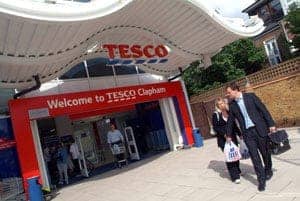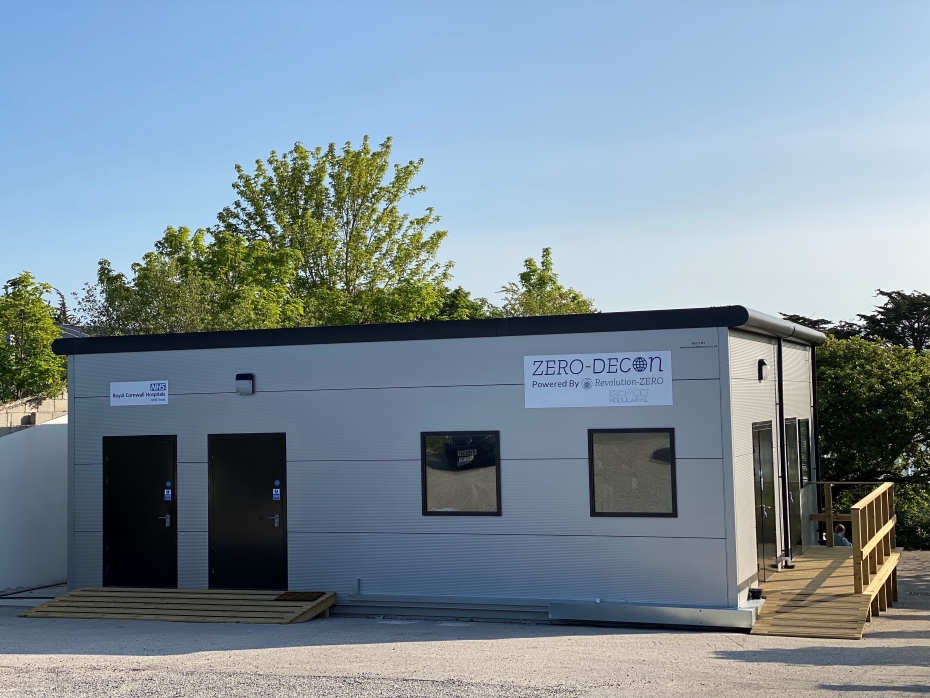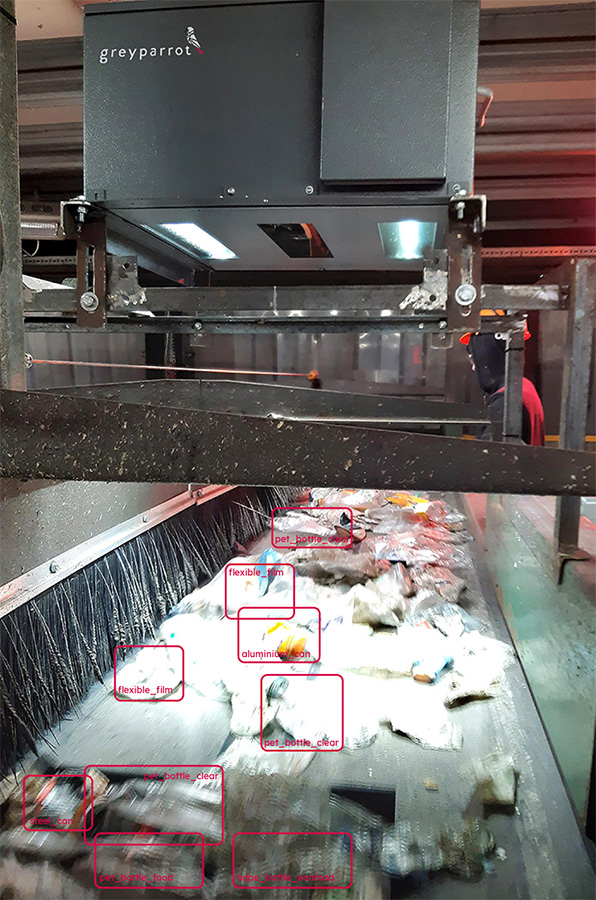In its Tesco and Society Report 2013, the firm states that it aims to be more transparent about the levels of food waste across its value chain and to ensure that surplus food goes to charitable causes wherever possible.

Tesco chief executive, Philip Clarke, states in the report: Waste not want not is at the heart of every little helps. So it is natural for us to want to take a leading role in preventing the enormous quantities of food going to waste every day around the world.
The commitment to reduce food waste globally is listed as one of Tescos Three Big Ambitions in the report, alongside improving health and creating opportunities.
Mr Clarke said: I believe these ambitions demonstrate our new value. They express our determination to use our scale for good to create greater value for society.
Food waste
According to the supermarket, food waste is produced in Tesco stores, in agriculture and in the supply chain, and also by customers. As such, Tesco is focusing on reducing waste from these three areas.
WRAP data cited in the report shows that 32% of food produced for UK consumption goes to waste 16% from agriculture and the supply chain, 16% from the customer and less than 1% from the retailer.
‘It is natural for us to want to take a leading role in preventing the enormous quantities of food going to waste every day around the world’
Philip Clarke, Tesco chief executive
To tackle food waste from its stores, Tesco says it is developing a new measurement for the amount of food wasted produced in its operations in order to track progress on waste reduction over time.
Tesco said it hopes the data collected from stores and also from its Clubcard scheme data will establish the food waste profile of a typical Tesco shop. It intends to publish baseline data on this by the end of the year.
With regards to reducing household waste, Tesco says it is working with WRAP and the Sustainable Consumption Institute (SCI) to conduct customer research on the underlying causes of food waste in the home. As part of this, the firm says it is looking at improving the way in which date codes are displayed on products.
In the report, the firm also says it is developing a blueprint of best practice at its UK stores, which it says produce lower levels of food waste than its operations abroad. As such, Hungary and Malaysia are currently piloting a system developed in the UK for more accurate forecasting on when Tesco runs food promotions.
Furthermore, the report states that the firm also said intends to implement standardised measurements of all types of waste throughout its business using information gained from mapping the amount of waste it produces and recycles across central Europe.
Charity
Highlighting Tescos role in sending surplus food to charitable causes, the report states that enough food waste has been diverted from pilot schemes in some of its UK grocery stores to provide more than 100,000 meals to FareShare, a national charity that seeks to relieve food poverty and waste.
As a result of these pilots, Tesco now plans to roll out the initiative to all of its dedicated grocery stores by the end of 2013 and aims to provide enough surplus food to serve more than one million meals to UK charities.
Tesco waste hierarchy
In the report, Tesco outlines a food waste hierarchy, which starts with minimising waste through means such as reducing the price of foods close to their expiry dates in stores. Food left unsold is then offered where possible to charities, the firm claims.
Related Links
Bakery waste is converted into animal feed for livestock, the report states, while out of date chicken and raw meat products are processed into pet food. Chicken fat and cooking oil is also converted into biodiesel. If these options are not available, Tesco says it sends remaining food waste for processing through anaerobic digestion or incineration.
Tesco has more than 6,500 stores worldwide and delivers food to 500,000 homes each week.










[…] 16 % of Tesco’s food is thrown away at the farm or wasted in the supply chain (Source: let’srecycle.com). I love what happened when this French Supermarket chain tried something […]